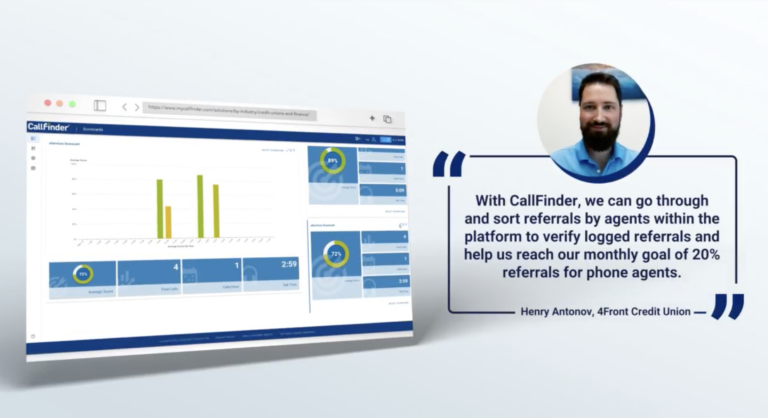For businesses that play in the world of finance, like banks, mortgage lends, or advisers, recording customer calls is a necessity to help protect your business from facing potential litigation. The Truth in Lending Act states that there are specific pieces of information that must be disclosed during a customer call, including:
- The amount a person has financed
- The total number of payments throughout the life of the loan/agreement
- The annual percentage rate (APR)
- The finance charges that will apply
- The determined schedule of payments
Failing to relay this information to callers can result in costly infractions.
Many companies operating in the world of Finance, and also Insurance and Healthcare, have tools in place to help them avoid occurrences of infractions, and therefore diminish their risk of litigation.
One such tool is call recording and speech analytics. By recording calls, you have permanent records of phone conversations. Then, with speech analytics you can mine those recordings for specific keywords and phrases, or a lack of specific keywords and phrases, to monitor call quality and most importantly, compliance.
This data is critical to a company in two ways:
1. You have access to recorded calls when and if a claim is filed.
2. You can search the recordings for calls that are non-compliant, and then address the issues with either the specific agent/employee who did not follow protocol, or with the whole team of sales, customer service employees.
Today, it is becoming best practice standards to capture agents’ calls with customers to perform quality checks in order to ensure compliance, adhere to regulations, and provide the best possible customer experience.
There are other industries and regulations in the United States that have similar guidelines for phone calls, including:
- Payment Card Industry Data Security Standard (PCI-DSS) – credit card numbers need to be kept hidden from unauthorized staff
- Telemarketing Sales Rule (TSR) – an “opt-out” must be included on voicemails
- Truth in Lending Act (TILA) – several disclosures must be stated during the call so that borrowers are made clearly aware of all costs and terms associated with the credit (e.g. is there a prepayment penalty?)
- Fair Debt Collections Practices Act (FDCPA) – debt collectors must identify themselves as collectors in every communication, and collectors must notify the consumer of their right to dispute the debt
- Health Insurance Portability and Protection Act (HIPPA) – personally identifiable information must be kept hidden from unauthorized employees
The best thing for any company is to make sure they have the appropriate technology in place to allow them to monitor calls automatically, ensure compliance and train employees – all of which will help lower risk and avoid costly claims and potential lawsuits.
For more on recording calls and using speech analytics, contact us today.





